Quiz Sciences
Last Updated:
IMPROVE YOUR KNOWLEDGE WITH OUR SCIENCE QUIZ
Are you passionate about science? We offer you a collection of science quizzes to test your knowledge on different subjects, such as physics, biology, chemistry, astronomy, geology, etc.
Our science quizzes are a fun and educational way to discover the world of science. With our selection of questions on different topics, you can test your knowledge about science and technology. Do you know the most important laws of physics? Can you name the different parts of the human body? Can you identify the different chemical elements? Our science quizzes are here to help you answer these questions and expand your scientific knowledge.
Our science quizzes will help you discover new topics and theories, as well as learn about the great scientists in history. Science quizzes are a fun way to reinforce your knowledge and discover the beauty and complexity of the universe. So if you are a science enthusiast or just curious, come test your knowledge with our science quizzes.
sciences
/ 10

What was the name of the first series of steam locomotives built by George Stephenson?
1Blücher
2Novelty

🙌 Good answer
George Stephenson is a British engineer. He is one of the "founding fathers" of the steam railway. The Blücher is the first of a series of 4 or 5 locomotives built by George Stephenson as early as 1814 for the Killingworth coalfields north of Newcastle.
Next question

😞 Wrong answer
George Stephenson is a British engineer. He is one of the "founding fathers" of the steam railway. The Blücher is the first of a series of 4 or 5 locomotives built by George Stephenson as early as 1814 for the Killingworth coalfields north of Newcastle.
Next question
sciences
/ 10
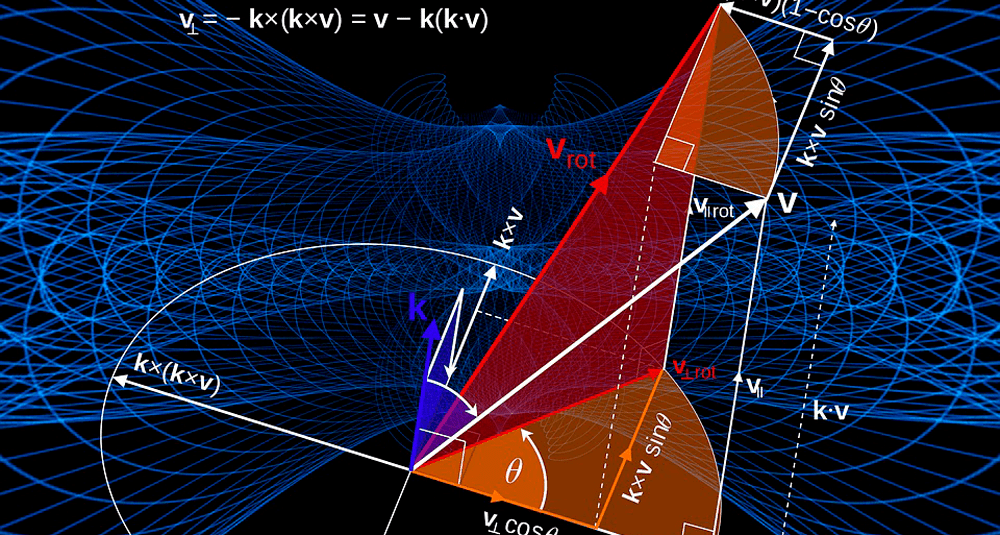
A circle passing through the three vertices of a triangle is inscribed or circumscribed?
2Circumscribed
1Inscribed

🙌 Good answer
A circle passing through the three vertices of a triangle is called the circumscribed circle. It is unique and its center is the point of intersection of the bisectors of the sides of the triangle.
Next question

😞 Wrong answer
A circle passing through the three vertices of a triangle is called the circumscribed circle. It is unique and its center is the point of intersection of the bisectors of the sides of the triangle.
Next question
sciences
/ 10

Which physicist made the first radiograph in 1895?
2Wilhelm Röntgen
1Pierre Curie

🙌 Good answer
The first radiograph in history was taken on December 22, 1895 on the hand of Anna Bertha Röntgen, the wife of Dr. Röntgen, the discoverer of X-rays.
Next question

😞 Wrong answer
The first radiograph in history was taken on December 22, 1895 on the hand of Anna Bertha Röntgen, the wife of Dr. Röntgen, the discoverer of X-rays.
Next question
sciences
/ 10
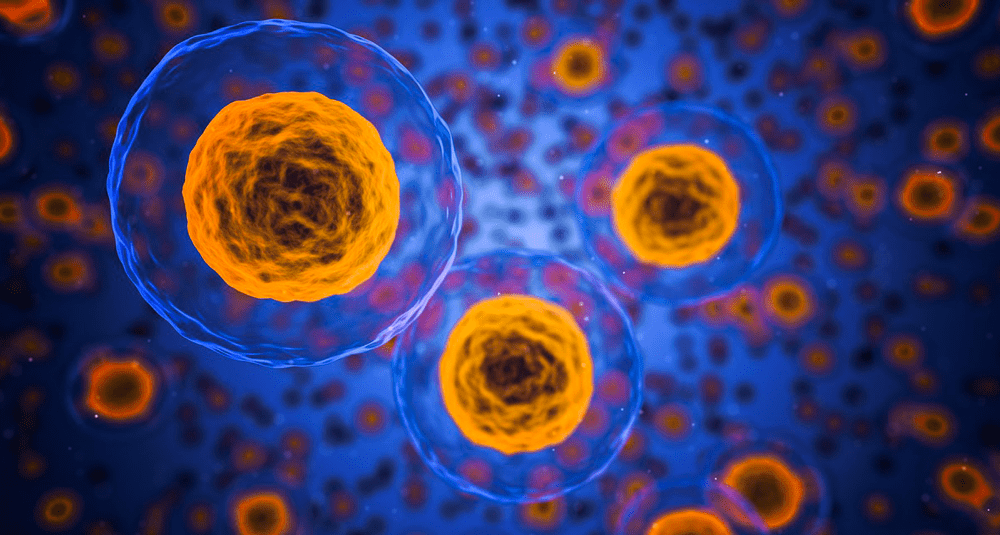
Which research area was voted Method of the Year by Nature Methods 2010?
2Optogenetics
1Quantitative genetics

🙌 Good answer
In 2010, the scientific journal Nature Methods named optogenetics “method of the year,” a major breakthrough for the study of the brain and neurons.
Next question

😞 Wrong answer
In 2010, the scientific journal Nature Methods named optogenetics “method of the year,” a major breakthrough for the study of the brain and neurons.
Next question
sciences
/ 10

Which instrument can measure angles?
1Protractor
2Square

🙌 Good answer
The protractor is an instrument used to measure angles. It is commonly used in mathematics, geometry and technical drawing to measure and plot precise angles.
Next question

😞 Wrong answer
The protractor is an instrument used to measure angles. It is commonly used in mathematics, geometry and technical drawing to measure and plot precise angles.
Next question
sciences
/ 10
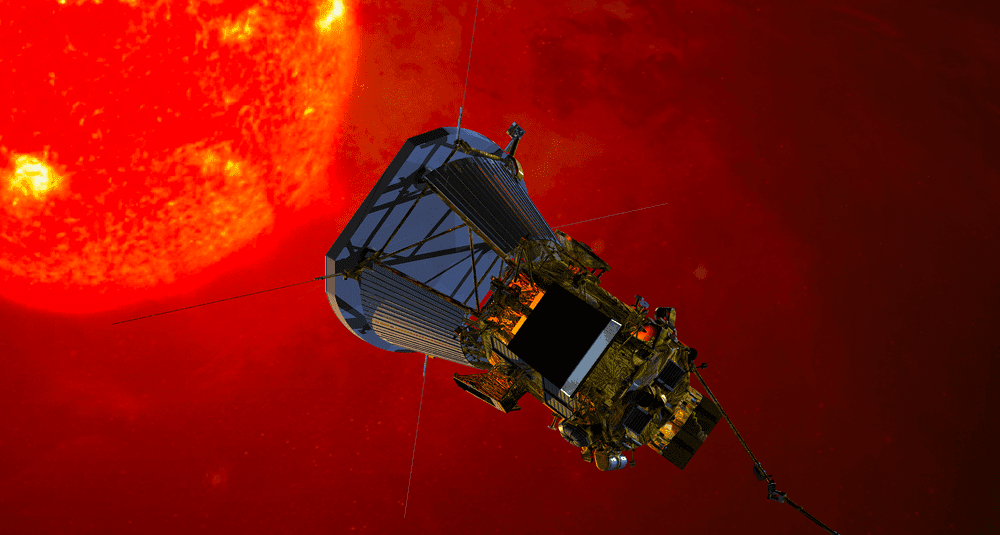
Which space probe was launched in 2018 to study the solar corona?
1Parker
2Phoenix

🙌 Good answer
The Parker Solar Probe, launched in 2018 by NASA, has the mission of studying the solar corona and unraveling the mysteries of the Sun's atmosphere.
Next question

😞 Wrong answer
The Parker Solar Probe, launched in 2018 by NASA, has the mission of studying the solar corona and unraveling the mysteries of the Sun's atmosphere.
Next question
sciences
/ 10
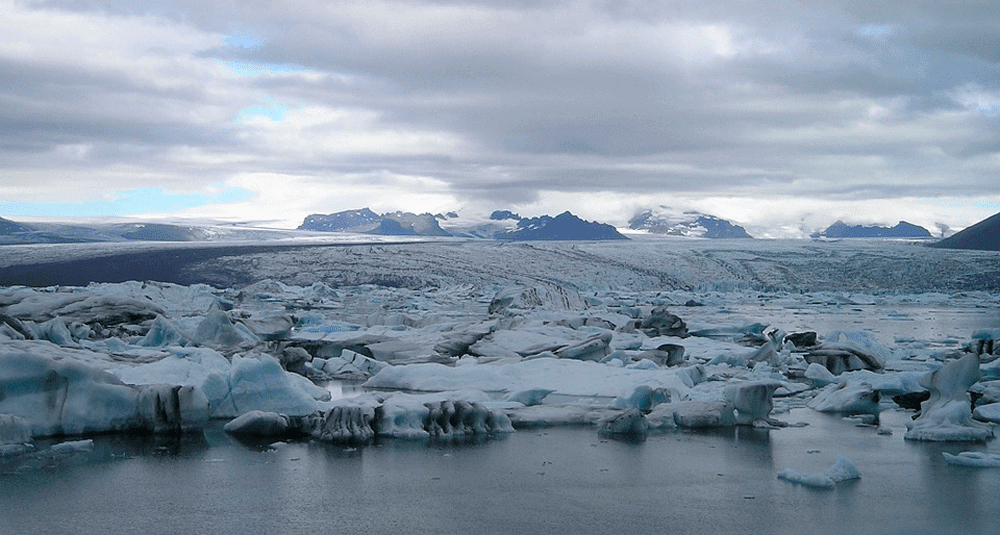
What is the average winter temperature at the North Pole?
2−34°C
1−24°C

🙌 Good answer
The average temperature in winter at the North Pole is around -30°C, but it can sometimes drop to -40°C depending on atmospheric conditions.
Next question

😞 Wrong answer
The average temperature in winter at the North Pole is around -30°C, but it can sometimes drop to -40°C depending on atmospheric conditions.
Next question
sciences
/ 10
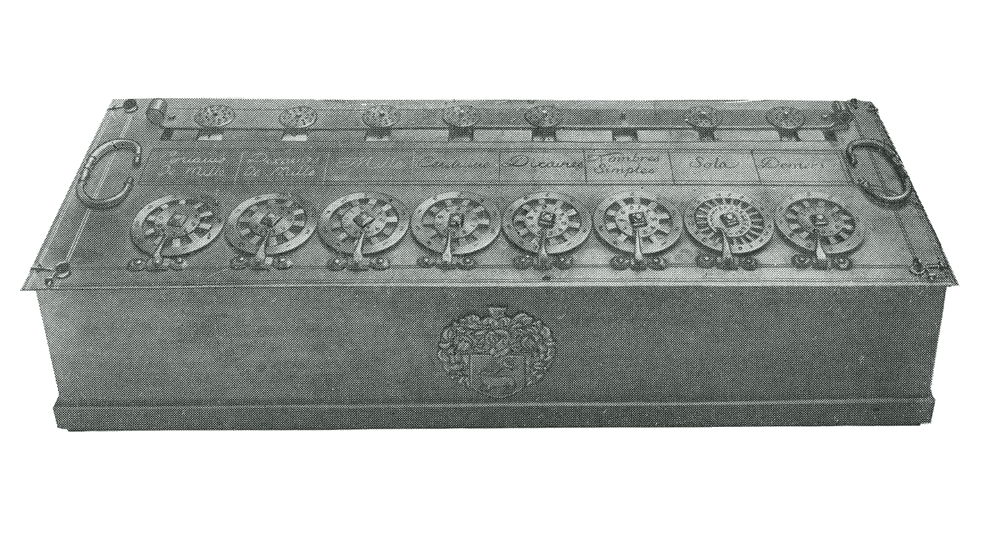
What is a Pascaline?
1A mechanical calculator
2A mechanical clock

🙌 Good answer
The Pascaline is a mechanical calculator invented in 1642 by Blaise Pascal to help his father, a tax collector, perform addition and subtraction calculations.
Next question

😞 Wrong answer
The Pascaline is a mechanical calculator invented in 1642 by Blaise Pascal to help his father, a tax collector, perform addition and subtraction calculations.
Next question
sciences
/ 10

What is the first civilian nuclear power plant in the world?
2Obninsk
1Beznau

🙌 Good answer
The Obninsk nuclear power plant was built in the "Scientific City" of Obninsk in Kaluga oblast. It is the first civil nuclear power station in the world. It was operational from 1951 to 2002, although electricity production for the power grid ceased in 1959.
Next question

😞 Wrong answer
The Obninsk nuclear power plant was built in the "Scientific City" of Obninsk in Kaluga oblast. It is the first civil nuclear power station in the world. It was operational from 1951 to 2002, although electricity production for the power grid ceased in 1959.
Next question
sciences
/ 10
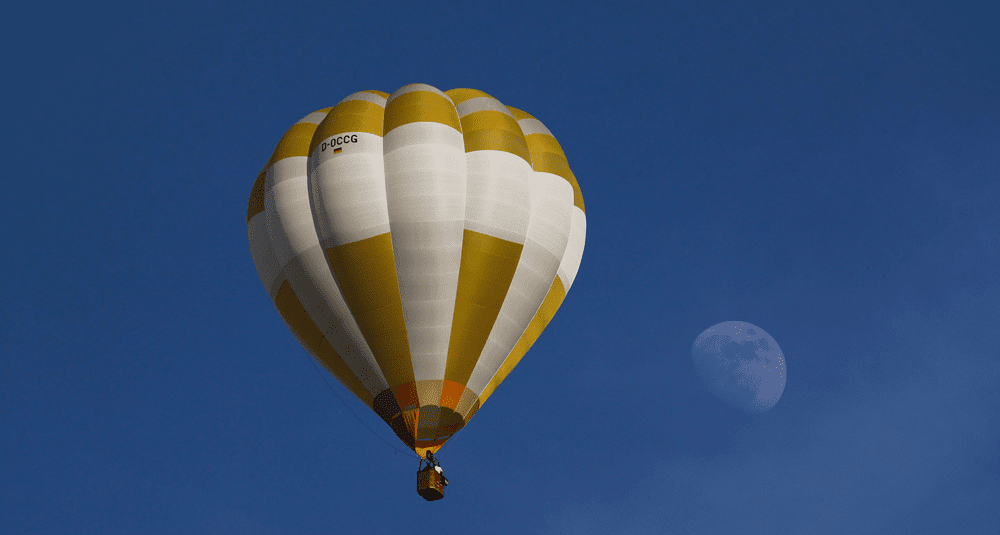
Which aerostat was invented by the Montgolfier brothers in 1782?
2A hot-air balloon
1An Airship

🙌 Good answer
In 1782, the Montgolfier brothers, Joseph and Étienne, invented the hot-air balloon, an aerostat that uses hot air to lift itself into the air.
Next question

😞 Wrong answer
In 1782, the Montgolfier brothers, Joseph and Étienne, invented the hot-air balloon, an aerostat that uses hot air to lift itself into the air.
Next question




